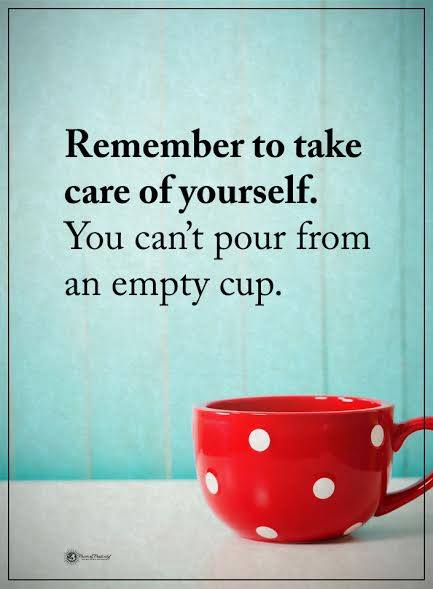Abandonment issues can crop up in people with both traumatic pasts. In addition, they appear in people who suffer from mental illnesses or personality disorders. They can exist on their own. Or they can be a symptom of something else. Abandonment issues are characterized by the intense fear of being rejected by other people.
The fear can cause people who experience these issues to put up emotional barriers. Indeed, they need a cushion between themselves and society. This can cause problems connecting with the people around them. Besides that, they might push away friends, family and romantic partners. Anyone can experience abandonment issues: men, women, or even children.
The causes of abandonment issues are numerous. These root causes can include emotional trauma, past verbal or emotional abuse, or even divorced parents. The signs of abandonment issues can be obvious as well as subtle, mistaken for quirks in someone’s personality. Can you effectively recognize abandonment issues in someone else? How about in yourself? Indeed, identification is the first step to being able to find the correct path to healing from these issues.
“Being abandoned or given up on is the most devastating emotions we can cause in another human being.” – Gary David Currie
5 SIGNS SOMEONE HAS ABANDONMENT ISSUES

1. UNHEALTHY ATTACHMENT
A sign of abandonment issues can be sudden and intense attachment to another person. Instant attachment can be caused by abandonment issues, due to the fear of being alone and rejected. If you or someone else you know often experiences intense and instant attachment after meeting someone, or very soon after the end of another intense relationship, this could be a sign of abandonment issues.
Recognizing this as a sign of potential issues is one of the first steps to changing your pattern of behavior. In fact, you must name the problem so you can seek out help.
2. FEAR OF UNFAITHFULNESS
Being concerned once or twice that your partner may become unfaithful is a routine concern. In fact, it is nothing to cause worry. However, the fear of your partner cheating on you becomes a problem when it is a constant presence in your thoughts, and you are unable to rationalize the thought process, especially if your partner has never been known to be unfaithful.
If you are in a constant state of paranoia over your partner’s activities, it can be a sign of unhealthy thought processes. Communicating openly with your partner can help alleviate these fears and help you learn to trust them. Being able to recognize this in others will also help you be able to steer them towards the kind of healing help that they need.
3. STAYING IN UNHEALTHY RELATIONSHIPS
If you, or someone you know, refuses to leave their partners even when the relationship is bad, or unhealthy, it could be a huge indicator of abandonment issues. The fear of being rejected and alone will drive someone to stay in a relationship that isn’t making them happy, because they often feel like it is better than being alone.
Staying in a dysfunctional relationship can intensify the abandonment issues. Sometimes, the relationship is just simply not working, rather than being a source of trauma. Either way, staying in a bad relationship can often intensify the feeling of abandonment and the issues once the relationship ends. Recognizing when you, or someone you know, has stayed in a relationship long past its expiration date can help you recognize unhealthy patterns.
4. SABOTAGING RELATIONSHIPS
Despite being desperate to be needed and loved, people with abandonment issues often sabotage their relationships even when nothing is going wrong and relationship stress is low. They will often pick fights. They will also make a big deal out of the few negative things in the relationship.
It is often a way of justifying their own feelings of abandonment. That’s because if the relationship ends, it’s proof to them that people will always leave. That’s true even if they were the driving force of causing that person to leave in the first place.
If you experience this with someone that you have a relationship with, a way to help them can be to have them question whether or not the things they are upset about are rational, and help them understand where their desire to pick fights is really coming from. If you find yourself on the other end, being the one who is picking fights when there is nothing to fight out, you can practice asking yourself whether or not you are self-sabotaging.
5. COMMITMENT ISSUES
Someone who is a serial dater can possibly have commitment issues, which is a sign of a greater abandonment issue. The honeymoon phase of a new relationship is appealing to someone like this. However, they will often leave a relationship or sabotage it before the newness can wear off, or before the other person can, in their mind, get bored of them. People with abandonment issues often invent reasons to end the relationship. But they are only once more justifying their reasons with circular, self-sabotaging thought processes.
Recognizing the kind of behavior that coincides with abandonment issues is the first big step to being able to break out of that unhealthy behavior. If you recognize these in yourself, or in someone you know, then you will be better able to give them the emotional support that they need, as well as help them find help and support towards healing from whatever has caused the abandonment issues in the first place.









